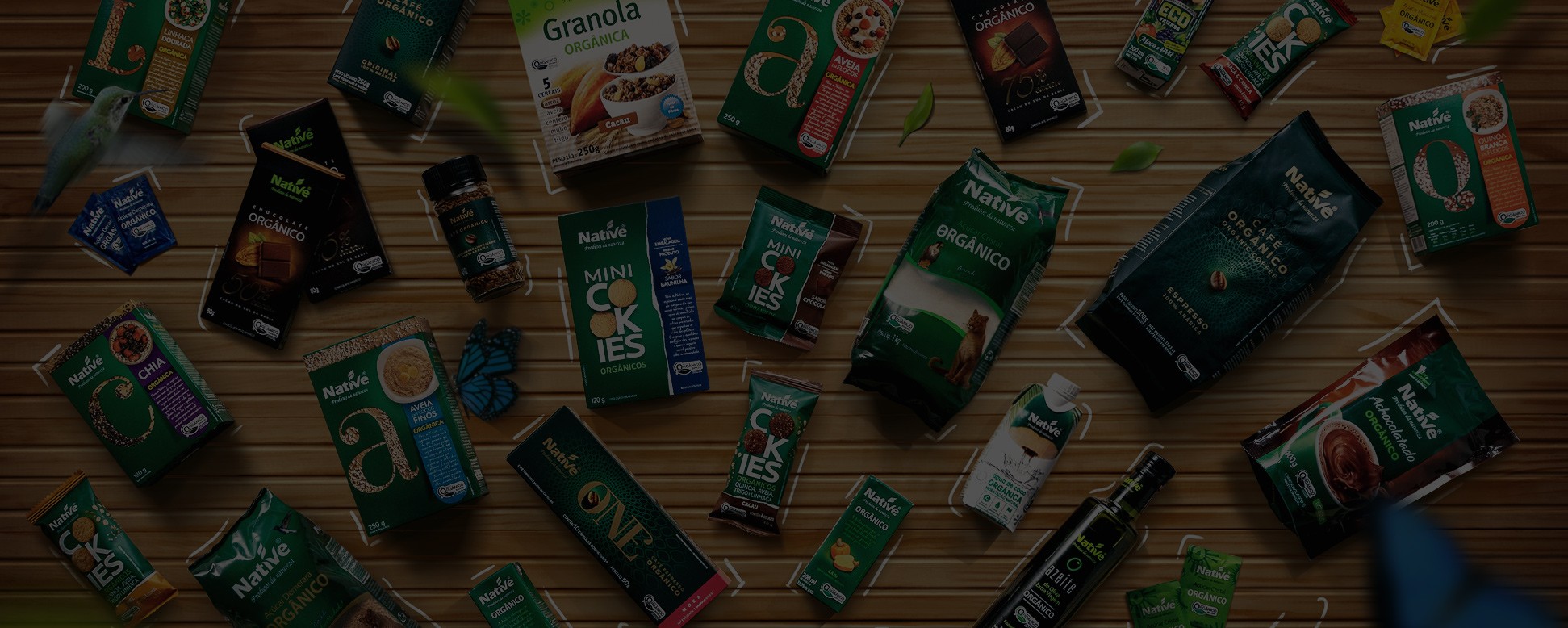
Benchmark in Organic Products
In 1987 a research project called the Cana Verde Project required an early investment of US $ 25 million. Balbo Economic Group revolutionized sugar production methods from land preparation to the development of special packaging for the commercialization of products. In addition to eliminating the use of agrochemicals, 6 other major changes were implemented in the production system:
ADOPTION OF BIOLOGICAL PEST CONTROL
IMPLEMENTATION OF FLORISTIC BIODIVERSITY ISLANDS
RATIONAL USE OF AGRO-INDUSTRIAL EFFLUENTS AS FERTILIZERS
DEVELOPMENT OF A SOIL PHYSICAL STRUCTURE MAINTENANCE SYSTEM
ADOPTION OF GREEN FERTILIZATION PRACTICES IN CROP ROTATION
FLAVOR AND QUALITY WITH ACCOUNTABILITY
Native organic products are audited and certified by public and private institutions, nationally and internationally recognized, representing a history of quality in all senses, from the technical aspects of production to respect for the environment and people. A proof is the Quality Management Program, which guarantees safe and efficient processes. In addition, no synthetic chemicals or genetically modified organisms are used in our production. As a result, we offer healthy, tasty, nutritious and safe foods.
NATIVE BRAND
Native's first steps were taken in 2000, but we quickly became a benchmark in the organics market. A market that moves billions of dollars worldwide, with products in about 60 countries, on all continents, and with a work philosophy based on sustainable practices and environment preservation. We have all the necessary infrastructure to serve national and international markets since we are the largest world producer of organic sugar and alcohol.
WHAT DO WE LOOK FOR WITH ALL OF THIS?
The main goal was to achieve a high level of agronomic sustainability in the productive ecosystem and its surroundings. However, more than three decades after the adoption of these practices, the economic, social and environmental results exceeded all expectations due to the fact that, simultaneously, there has been an increase in productivity and value added by organic, socio-environmental and fair trade certifications, as well as several socio-environmental benefits, such as quantitative and qualitative improvements in water resources, reduction of greenhouse gas emissions, workers’ contamination risk mitigation strategies etc.. With regard to biodiversity, the actions implemented have integrated synergistically, generating conditions of environmental ease to a varied and complete food web, from the active soil bio-structure reconstitution, which allows agribusiness to coexist with more than 340 species of vertebrate animals, out of which 244 are rare such as pumas, giant anteaters, maned wolves, among others. This is a great example of full regenerative organic farming.



